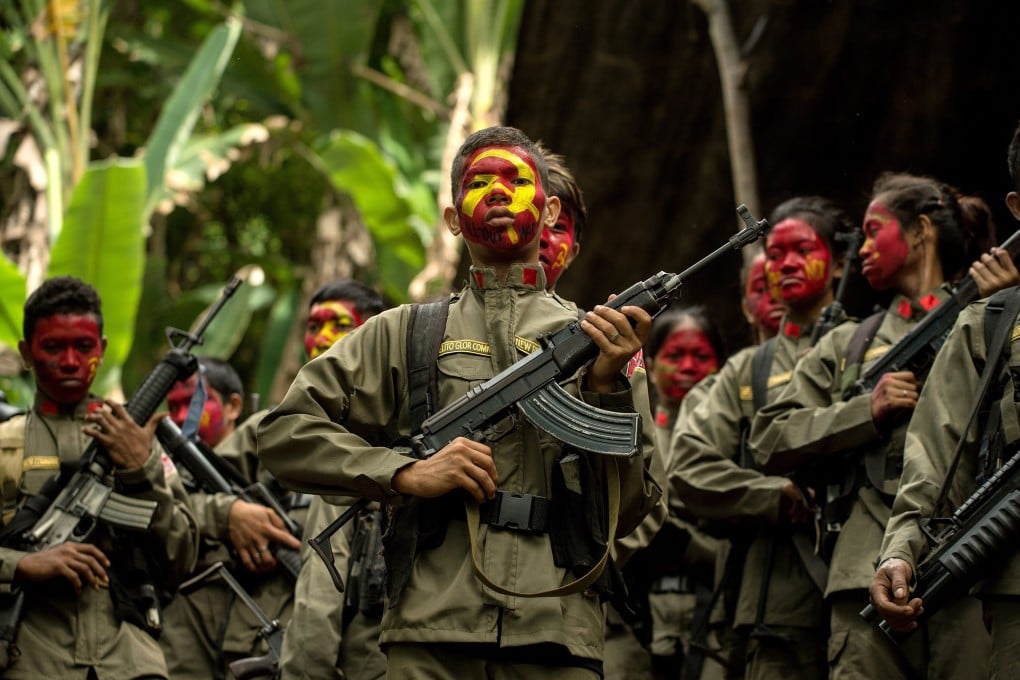Critics of Philippines’ anti-terror law lumped in with communist rebels as deadly ‘red-tagging’ continues under Duterte
- Rights groups say hundreds have lost their lives over the past four years to a deadly game of finger pointing that equates any left-wing activity with terrorism
- Two retired judges who oppose the controversial new anti-terror law are among the latest to be singled out after an army officer accused them of sedition

Those accused of being communists or their accomplices run the gamut from students to lawyers, environmental activists, political opposition figures and clergymen. Even retired judges Antonio Carpio and Conchita Morales have found themselves “red-tagged” in recent weeks – the evidence against them seemingly being their outspoken opposition to the Anti-Terrorism Act, which Duterte signed into law in July and which critics say violates civil liberties.
As opponents of the new law, the pair are among those who “can no longer be called legitimate dissenters” Lieutenant General Antonio Parlade Jnr of the Philippines Armed Forces wrote in a Facebook post on January 16. “Your agenda is clear: it is not dissent, it is sedition. It is to topple a democratically-elected president,” he wrote, adding: “Very soon, blood debts will be settled. The long arm of the law will catch up on you, and your supporters.”
Parlade’s remarks – in which he mentioned left-wing lawmakers Ferdinand Gaite, Carlos Zarate and Sarah Elago by name – constituted “a clear threat” that was “designed to intimidate” petitioners, Carpio and Morales told their former colleagues on the Supreme Court last week in a manifestation and motion bringing attention to the Facebook post.
The military official’s comments could even be seen as violating the anti-terrorism law itself, the petitioners argued, as it explicitly prohibits acts intended “to intimidate the general public or … create an atmosphere or spread a message of fear”.
On Tuesday, the court said it “took note” of the threats against the petitioners as it began hearing oral arguments on 37 petitions asking the court to declare the anti-terrorism law unconstitutional.